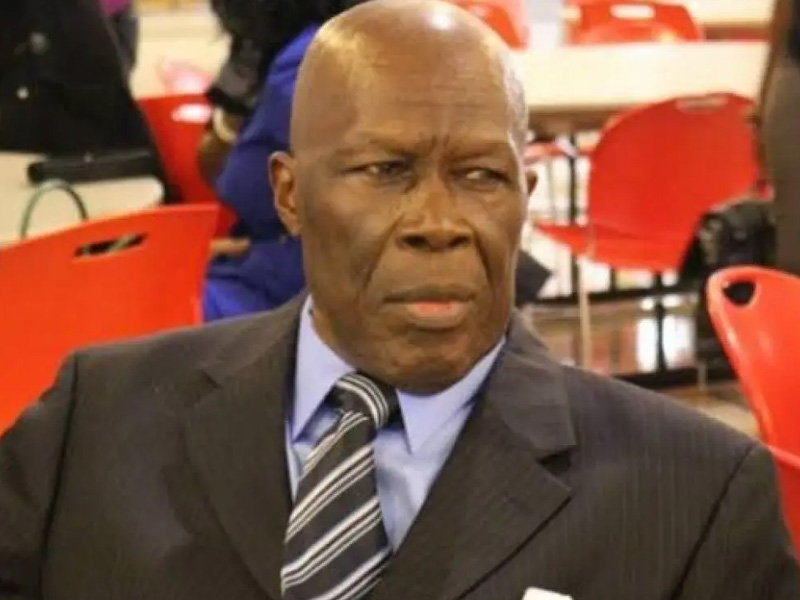Australians took to the streets on Sunday in both celebration and protest as the nation observed Australia Day, a date that highlights deep political divisions over Indigenous rights just months before a federal election.
Australia Day commemorates the establishment of a British colony at Sydney Cove on January 26, 1788, a moment that marked Britain’s claim over the continent without a treaty with its Indigenous peoples.
Indigenous rights advocates have long referred to the date as “Invasion Day,” with protests held across major cities. Many argue that the day should not symbolise a divisive historical event, calling for a new date for national celebration.
Falling on a Sunday this year, Australia Day prompted the declaration of a public holiday on Monday. Acknowledging the hurt the occasion causes many Indigenous Australians, who remain the most disadvantaged ethnic group and account for 4% of the population, some businesses referred to the occasion as the “January long weekend” instead of “Australia Day long weekend.”
In recent decades, Australia Day has also become a significant date for new citizens, with public ceremonies welcoming immigrants as Australians. However, controversy over the date has led some local councils to hold citizenship ceremonies on alternative days.
Prime Minister Anthony Albanese’s centre-left Labor government, elected in 2022, has sought to navigate the polarising views on Australia Day. In 2023, the government permitted public servants to work on January 26 and take an alternative day off, reversing a directive from the previous conservative government that required them to take the day as a holiday.
Opposition leader Peter Dutton has criticised this policy and pledged that, if his party wins elections due by May 17, all councils will be required to hold citizenship ceremonies on January 26. He accused Albanese of lacking the leadership to defend Australia Day.
“If the prime minister doesn’t have the strength of leadership to stand up to mayors and others who don’t want to celebrate Australia Day, then our country’s in more trouble than we first realised,” Dutton said earlier this month.
Dutton also accused Albanese of appeasing the minor Greens party, which opposes celebrations on January 26, as Labor may require Greens support to form a minority government if it loses its parliamentary majority in the upcoming election.
Albanese, in turn, criticised Dutton for not attending national Australia Day events in Canberra, saying such occasions should be bipartisan. Instead, Dutton attended a citizenship ceremony in Brisbane.
“Why wouldn’t you participate in national events if you want to be a national leader?” Albanese asked.
Australian National University historian Frank Bongiorno observed that both leaders were using Australia Day for political gain.
“These figures will insist that they want it to be a day of unity, but they’ll invariably behave in ways that promote disunity around the day. That’s really how culture wars work,” he said.
The debate over Australia Day comes amid lingering tensions following a failed 2023 referendum on Indigenous rights, which sought to enshrine a constitutional Indigenous body, the Voice, to advise Parliament on Indigenous issues. Australians voted against the proposal, further polarising opinions on Indigenous matters.
Dutton has accused the Albanese government of focusing on Indigenous rights instead of addressing the cost-of-living crisis caused by inflation and high interest rates, a pressing concern for many Australians.
Faridah Abdulkadiri
Follow us on:

















